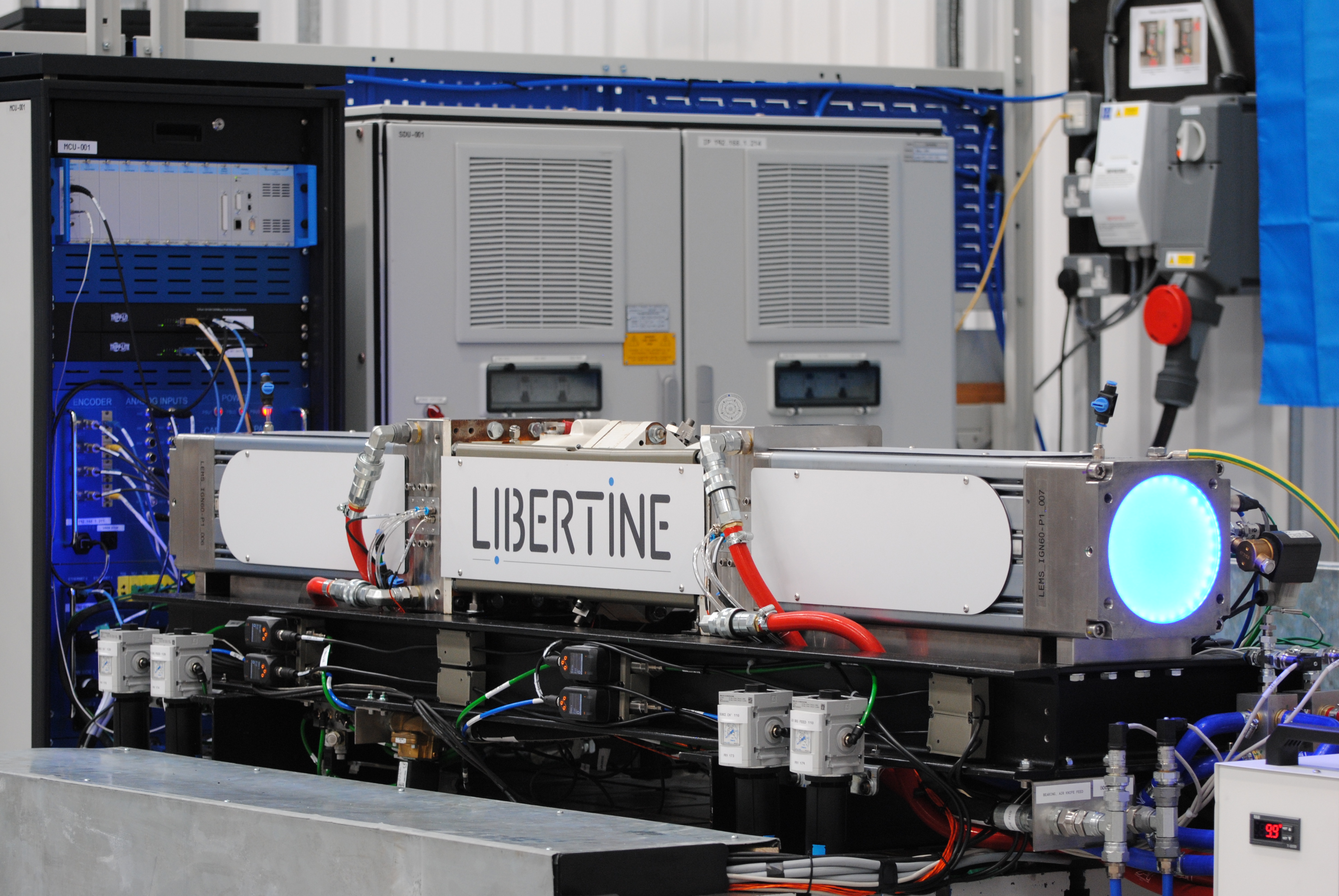The minimum environmental impact ultra-efficient cores for aircraft propulsion project — or MINIMUM project — has reached the experimental stage, promising major performance improvements for net zero aero engines.
The research is being conducted by Cranfield's centre for propulsion and thermal power engineering and led by Chalmers University in Gothenburg, Sweden. The project is funded by Horizon Europe and UKRI, aiming to demonstrate large reductions in fuel burn and emissions that can be achieved with composite cycle engine (CCE) technology.
The novel engines are fuelled by hydrogen or sustainable aviation fuel (SAF). The university is modelling a novel hydrogen-fuelled CCE with a multi-cylinder opposed free piston core. The pistons will drive linear alternators to generate electric power. The team is also researching alternative fuel injection and ignition systems to maximise efficiency and minimise emissions.
At the mid-point of this four-year project, Cranfield has secured an OpenFPE Opposed Free Piston research engine provided by Libertine FPE for proof-of-concept hydrogen combustion experiments. Libertine’s CEO Sam Cockerill describes OpenFPE as “the first ever research engine that offers real-time compression ratio control, multi-fuel capability and a customer-configurable combustion system”.

